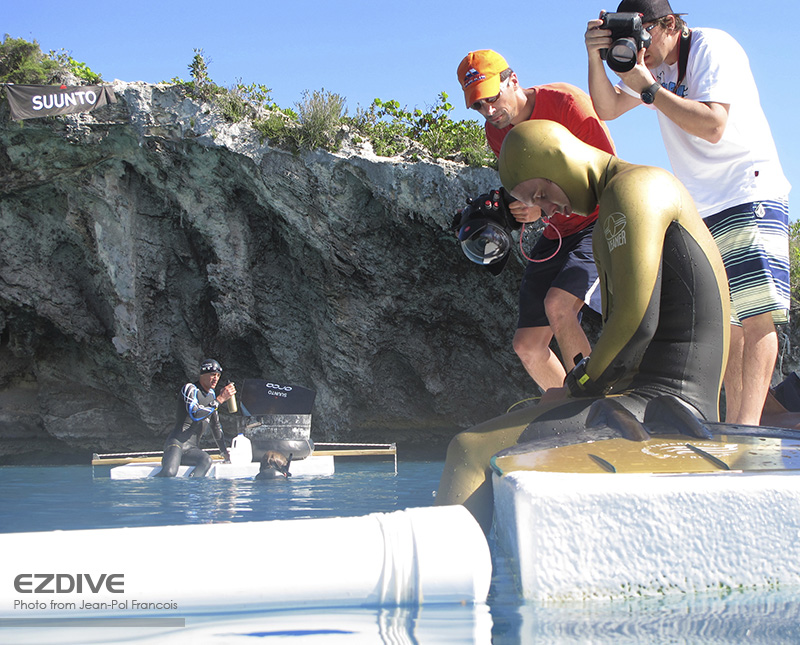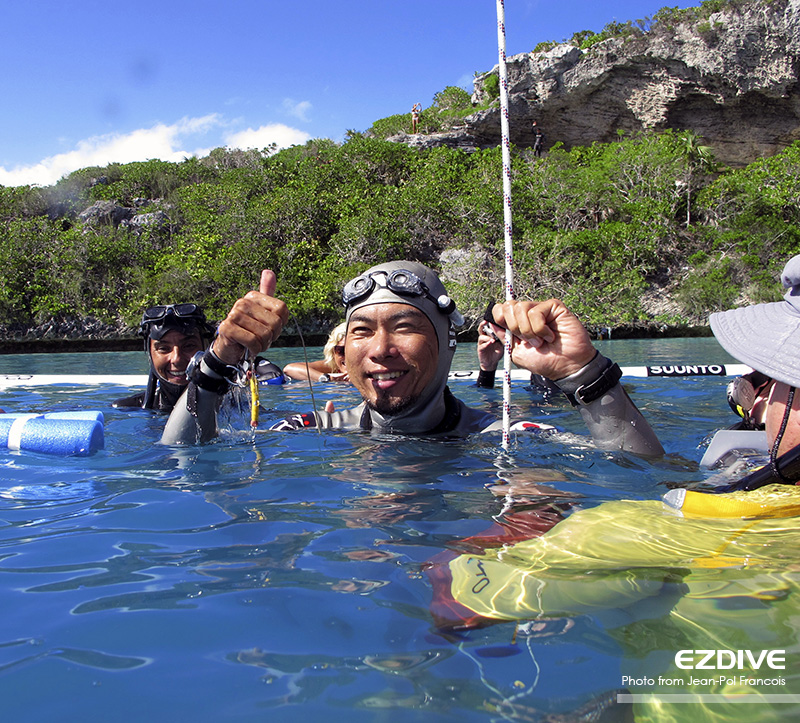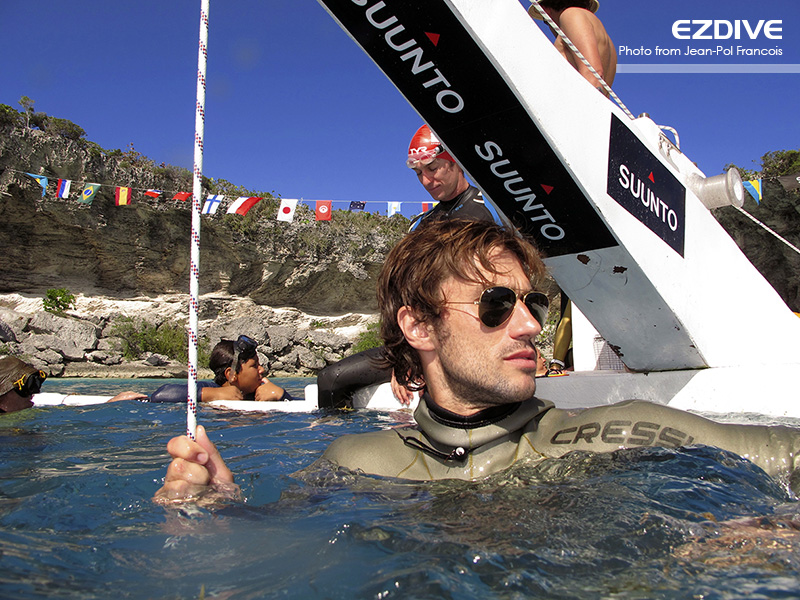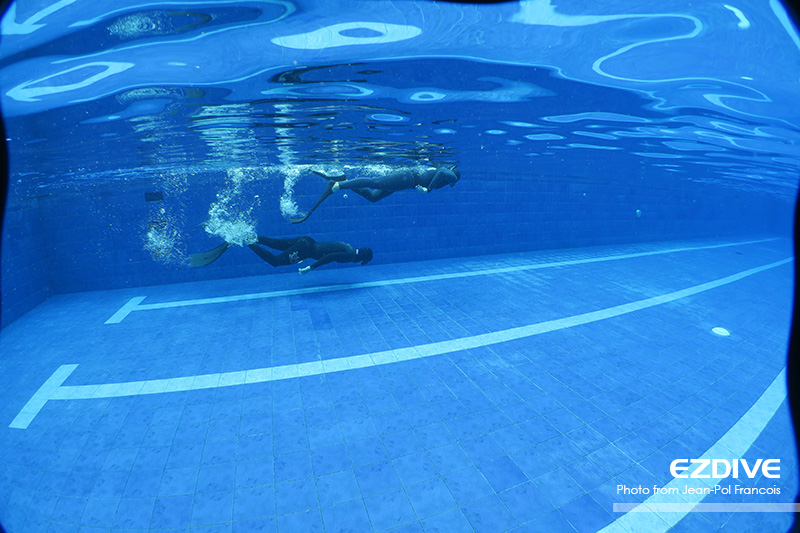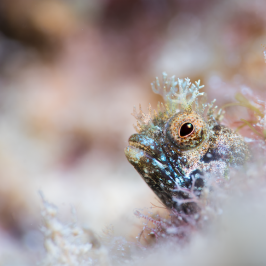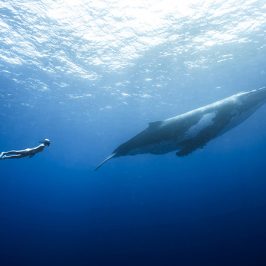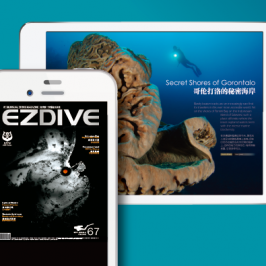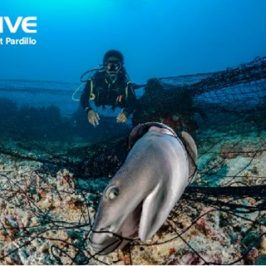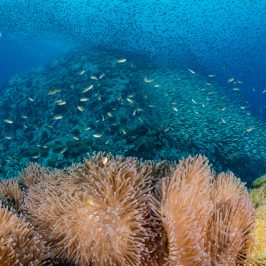As a passionate freediver since 1989, Jean-Pol has participated in numerous international freediving competitions and many World Championship while he was one of the National Team of Belgium. Moving to the Philippines in 2012, JP founded Freediving Planet with his business partner Suzanne Lim and has taught hundreds of instructors and students from all over Asia. This is his first time talking to EZDIVE as he describes the common mistakes during freediving competitions.
Text & Photo | Jean-Pol Francois
In the middle of this worldwide Corona crisis, most of us are probably locked down at home, staying safe and respecting all the measures advised by health authorities. Hopefully soon, the time will come when we will be able to go back to a normal life, although probably with some adjustments: only together and united will we make a difference.
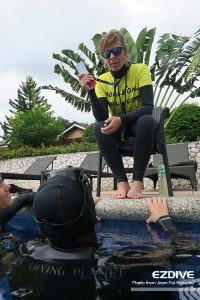
After the lock down, if you plan to go back to your freediving training to prepare for some competitions, this article will be a good reminder of some mistakes you can avoid.
Freediving competitions in a pool or the sea at depth, are becoming more and more organised all over the world. Being part of a competition as an athlete will give you a lot of satisfaction and fun, with a good taste of challenge.
We can identify many kinds of competitors and all with different objectives – the pleasure to meet other freedivers and share a passion; the satisfaction of competing only for fun and without specific performance objectives; the chance to meet and compete with champions, even if you are a newbie; the quest of performances and records; challenging yourself to become stronger…
As both an AIDA International judge and a competitor, I have had the chance to judge many international competitions, as well as make many world record attempts. These experiences make it easy for me to identify the many mistakes made by competitors. Some mistakes have an important impact on performance while others may be more dramatic, leading to blackouts and/or lung squeezes. Here’s a review of the more common ones.
Know the Competition Rules
It is the same for all sports – don’t be disqualified for a simple mistake that could have been avoided had you known the rules of the discipline. Competition rules can be found on the AIDA website. Read them carefully and ensure you understand them.
Freediving Certification
It may sound obvious but a minimum knowledge in freediving physics and physiology will definitely help you understand and manage the risks; it will increase your safety level and confidence during competitions.
Preparation
Consistent training and good preparation during the year are the secret of a smooth and enjoyable competition. If you are well prepared, you will know what to expect in your performances, either in the pool or depth disciplines. During your training, remember the most important rule in freediving: never freedive without an experienced freediver that can rescue you.
Equipment
Learn in advance what the conditions will be like during the competition. Indeed, it would be sad to have a low performance because the pool or sea temperature was colder (or hotter) than expected and you didn’t bring adequate protection. Thermoclines can be very surprising if you are not well equipped, likewise for unexpected jellyfish or stinging plankton. Know exactly how much weight (neck and/or belt) you will need to be perfectly neutral in Dynamic; don’t wear a brand new sponsored wetsuit for the first time in a depth competition as there is a chance your buoyancy will be impacted; same for your fins or monofin. Know your equipment and learn how to use it during your training. Be familiar with the use of a lanyard.
Technique
A good technique is something you will need to train for with a qualified instructor and it is no secret that it will take a lot of time to be able to master this. There are many techniques involved when we talk about freediving: think about relaxation, duck dives, turning at the bottom, equalization with Frenzel, hands free or mouthfill, finning, monofin or no-fin techniques, the freefall, the use of a nose clip and goggles – and don’t forget about the competition rule for surface procedures at the end of the performance.
Ego and Over-Expectation
You have been training very seriously, reaching strong performances in depth or the pool; all is good and you are ready for the competition. On registration day, for a depth competition, you will need to specify a depth where the precious tag will be waiting for you. Announcing a personal best for that depth is not a wise choice as it will create unnecessary stress and higher risks during the dive. Smart athletes will specify a depth performance they have already reached many times during their training. Understand that there is no challenge in risking your health (and life) during a dive. It is not a kind of magic.
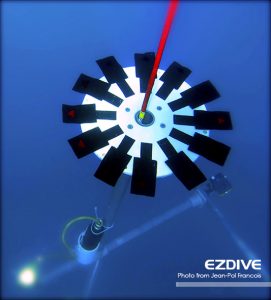
Abort the Dive
In case of difficulty during the depth performance (strong sea conditions, bad day, relaxation, equalisation, early contraction, cramps…) never hesitate to abort the dive immediately even if you are only a few metres away from the bottom weight. Don’t take any risks that might cause ear barotrauma or, even worse, a lung squeeze.
In general, freediving competitions are fun and safe if you follow the rules and are well prepared. Techniques, equipment and experience will be your best friends for safe and enjoyable dives so you achieve a white card at the end of your performance.

